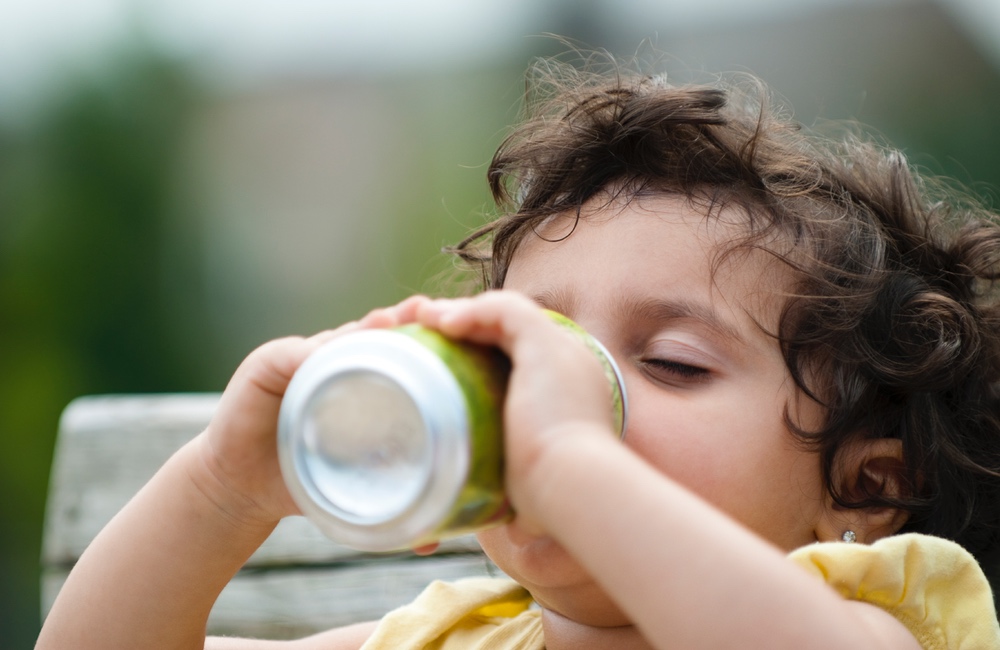About a quarter of all children and adolescents in the U.S. are overweight or obese, putting them at risk for serious health issues such as type 2 diabetes. Artificial sweeteners would seem to be the perfect way to cut calories and give kids and teens a sugar alternative. Unfortunately, that is not the way it works.
The findings of a new study suggest kids and teens who drink low-calorie sweetened beverages (LCSBs) actually consume more calories per day than those who just drink water and about the same number of calories as those who drink sugar-sweetened beverages.
“These findings challenge the use of LCSBs to lose weight or cut calories,” Allison Sylvetsky, lead author on the study, told TheDoctor.Artificial sweeteners would seem to be the perfect way to cut calories and give kids and teens a sugar alternative. Unfortunately, that is not the way it works.
Kids who drank LCSBs ended up consuming 196 more calories total and 15 more calories from added sugar compared to water drinkers. Participants who drank sugary beverages or low-calorie sweetened beverages in addition consumed 312 and 450 more calories, respectively, and 39 and 46 additional calories from sugar, compared to water drinkers.
The researchers were surprised that drinking low-calorie sweetened beverages didn’t lower calorie consumption and sugar intake. “We were surprised the calorie intake of those who drank LCSBs was not that different from those who drank SBs,” Sylvetsky said. Another surprising finding was that kids who consumed low-calorie sweetened beverages along with sugar-sweetened beverages had the highest calorie and sugar intake, even higher than that of kids who just drank sugary beverages.
There are several possible explanations for the findings, which is essentially a snapshot of the kids’ diets based on their beverage consumption. One possibility, according to Sylvetsky, is that kids who drank low-calorie sweetened beverages, along with sugar-sweetened drinks, had an overall worse diet than those in the other groups.
Another explanation is that kids who drink both low-calorie sweetened beverages and sweetened beverages have a greater preference for sweet-tasting things, and that preference may affect other aspects of their diet. “We don’t exactly know what mechanisms are contributing, but those are some possibilities,” said Sylvetsky, an assistant professor at the Milken Institute School of Public Health at The George Washington University.
Parents can help kids to forgo diet soda and drink more water by putting a few pieces of sliced fruit in water or adding a splash of pure fruit juice to sparkling water.
The study is published in Pediatric Obesity.





